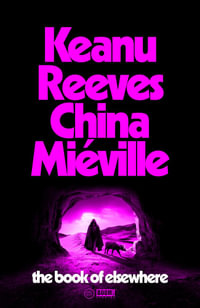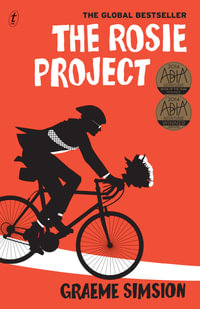A Guardian and New Statesman book of the year, now in paperback - the fast-paced, mind-expanding literary work about scientific discovery and the unsettled distinction between genius and madness
'A monstrous and brilliant book' - Philip Pullman
When We Cease to Understand the World shows us great minds striking out into dangerous, uncharted terrain.
Fritz Haber, Alexander Grothendieck, Werner Heisenberg, Erwin Schrodinger: these are among the luminaries into whose troubled minds we are thrust as they grapple with the most profound questions of existence. They have strokes of unparalleled genius, they alienate friends and lovers, they descend into isolated states of madness. Some of their discoveries revolutionise our world for the better; others pave the way to chaos and unimaginable suffering. The lines are never clear. With breakneck pace and wondrous detail, Benjamin Labatut uses the imaginative resources of fiction to break open the stories of scientists and mathematicians who expanded our notions of the possible.
'Ingenious, intricate and deeply disturbing... Labatut has written a dystopian nonfiction novel set not in the future but in the present' - John Banville
'Absolutely brilliant. I was utterly gripped and wolfed it down. It feels as if he had invented an entirely new genre' - Mark Haddon
About the Author
Benjamin Labatut was born in Rotterdam in 1980 and grew up in The Hague, Buenos Aires and Lima. He has published two award-winning works of fiction prior to When We Cease to Understand the World, which is his first book to be translated into English. Labatut lives with his family in Santiago, Chile.
Industry Reviews
'Ingenious, intricate and deeply disturbing... Labatut has written a dystopian nonfiction novel set not in the future but in the present' - John Banville, Guardian
'We may be familiar with such things as Schrodinger's cat and Heisenberg's uncertainty principle... but the sheer audacity, the utter insanity of the ideas and the thinkers who discovered these ideas has never, in my experience, been so vividly and terrifyingly conveyed as in this short, monstrous, and brilliant book' - Philip Pullman
'Absolutely brilliant. I was utterly gripped and wolfed it down. It feels as if he had invented an entirely new genre' - Mark Haddon, author of 'The Porpoise'
'Labatut uses fiction to crack open the stories of scientists and mathematicians whose expanded our notions of the possible, while also presenting them as human, all too human' - Dazed
























